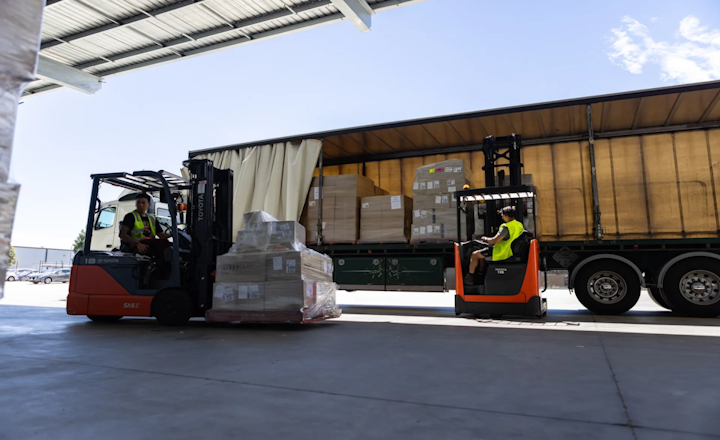
As businesses worldwide grapple with the challenge of reducing their environmental footprint, the logistics industry stands at the forefront of this transformative journey. The adoption of green logistics is not just an environmental imperative but also a strategic lever to enhance efficiency and foster sustainable growth. By integrating advanced technologies and innovative strategies, companies can significantly diminish their carbon emissions and contribute positively to the planet’s health.
The Shift to Electric Vehicles (EVs)
The transition from traditional fuel-powered vehicles to electric vehicles (EVs) is a cornerstone of modern green logistics. EVs, powered by electricity, offer a cleaner alternative by reducing the emission of pollutants and greenhouse gases. Logistics companies are increasingly investing in electric trucks and vans, which are becoming more capable of handling substantial loads over longer distances as technology advances. This shift not only helps in cutting down carbon emissions but also reduces dependency on fossil fuels, marking a significant step towards sustainable transport solutions.
Optimised Routing: A Path to Efficiency
Optimised routing software is another game-changer in the logistics sector. By leveraging data analytics and real-time tracking, logistics companies like TIG Freight can plot the most efficient routes for their deliveries. This not only minimises travel time and distance but also significantly reduces fuel consumption and emissions. Advanced routing algorithms can account for variables such as traffic conditions, weather, and vehicle capacity, ensuring that each journey is as efficient as possible.
Packaging Innovations
Sustainable packaging is pivotal in reducing the environmental impact of shipping. Biodegradable and recyclable materials are replacing plastics and other non-degradable packaging options. Moreover, optimising packaging design to fit more goods into each shipment can significantly decrease the volume of materials used and the number of trips required. This not only conserves resources but also lowers the carbon footprint associated with material production and transportation.
Collaboration and Sharing Platforms
The concept of a shared economy has permeated the logistics industry through collaboration and the use of shared platforms. By sharing transportation space and logistics infrastructure, companies can drastically cut down on the number of vehicles on the roads, leading to a substantial reduction in emissions. These collaborative efforts optimise resource utilisation, highlighting the role of cooperation in achieving sustainability.
Carbon Offsetting and Green Policies
Many logistics companies are now engaging in carbon offsetting programs to compensate for their emissions. These programs typically involve investing in environmental projects that reduce carbon dioxide in the atmosphere, such as reforestation or renewable energy projects. Implementing green policies, like sourcing from sustainable suppliers or committing to international environmental standards, further solidifies a company’s dedication to sustainability.
The integration of sustainable practices in the logistics industry is an ongoing process that requires innovation, commitment, and cooperation
As technology evolves and new strategies emerge, the potential for reducing the environmental impact of logistics continues to grow. As we move forward, the adoption of these practices will play a crucial role in shaping the future of transport and shipping, ensuring that we leave a healthier planet for future generations.
| < Prev | Next > |
|---|





